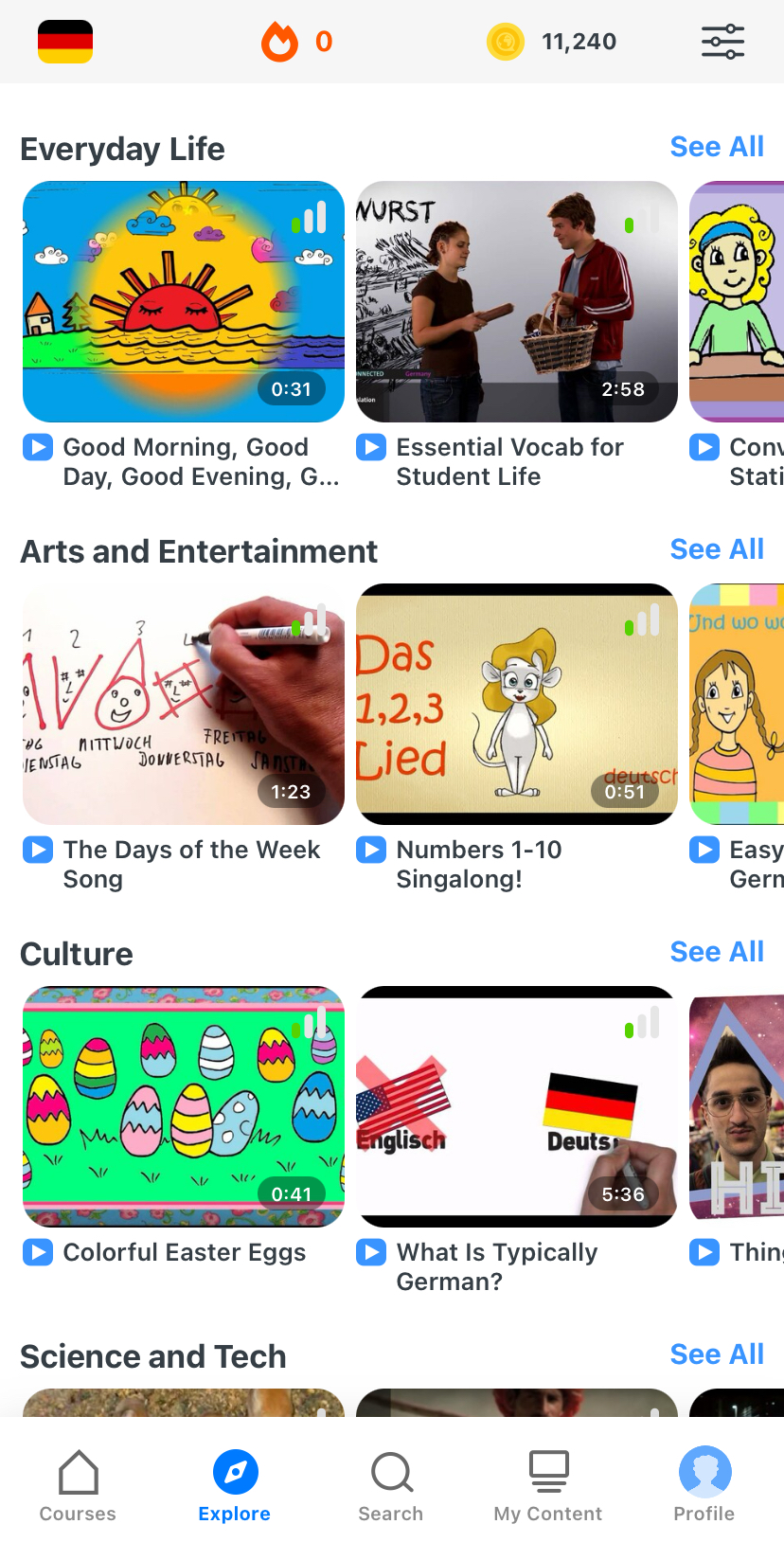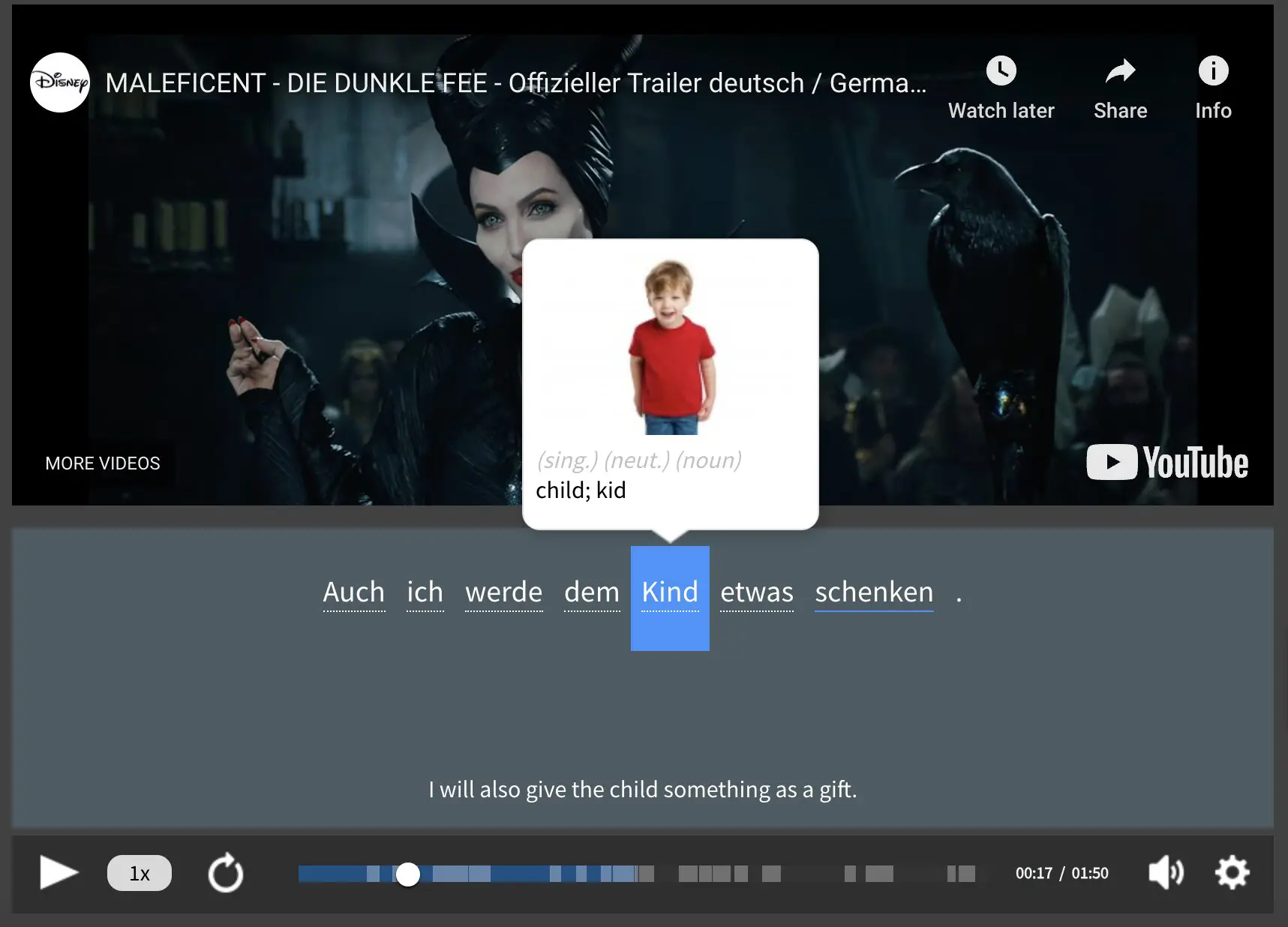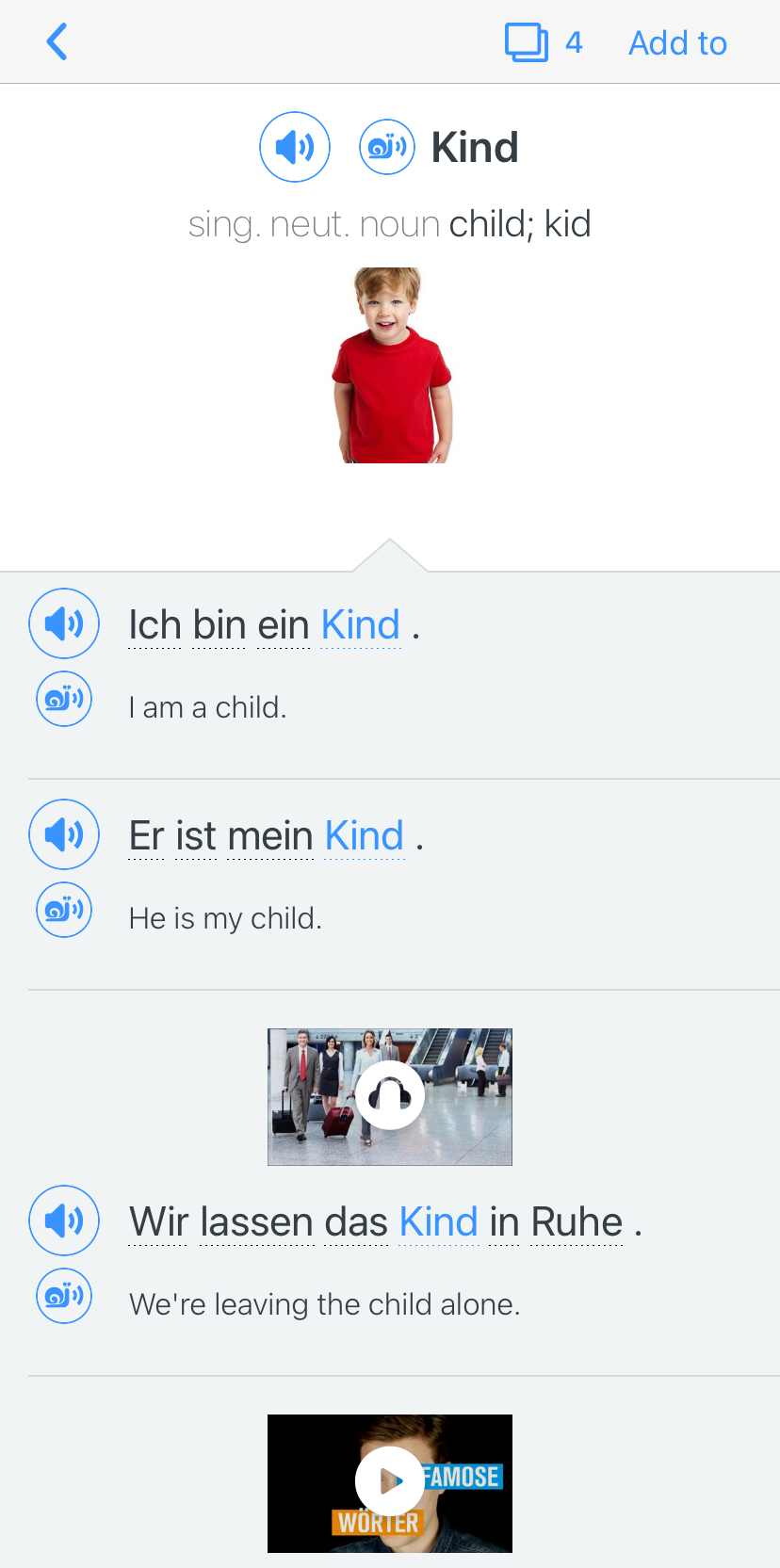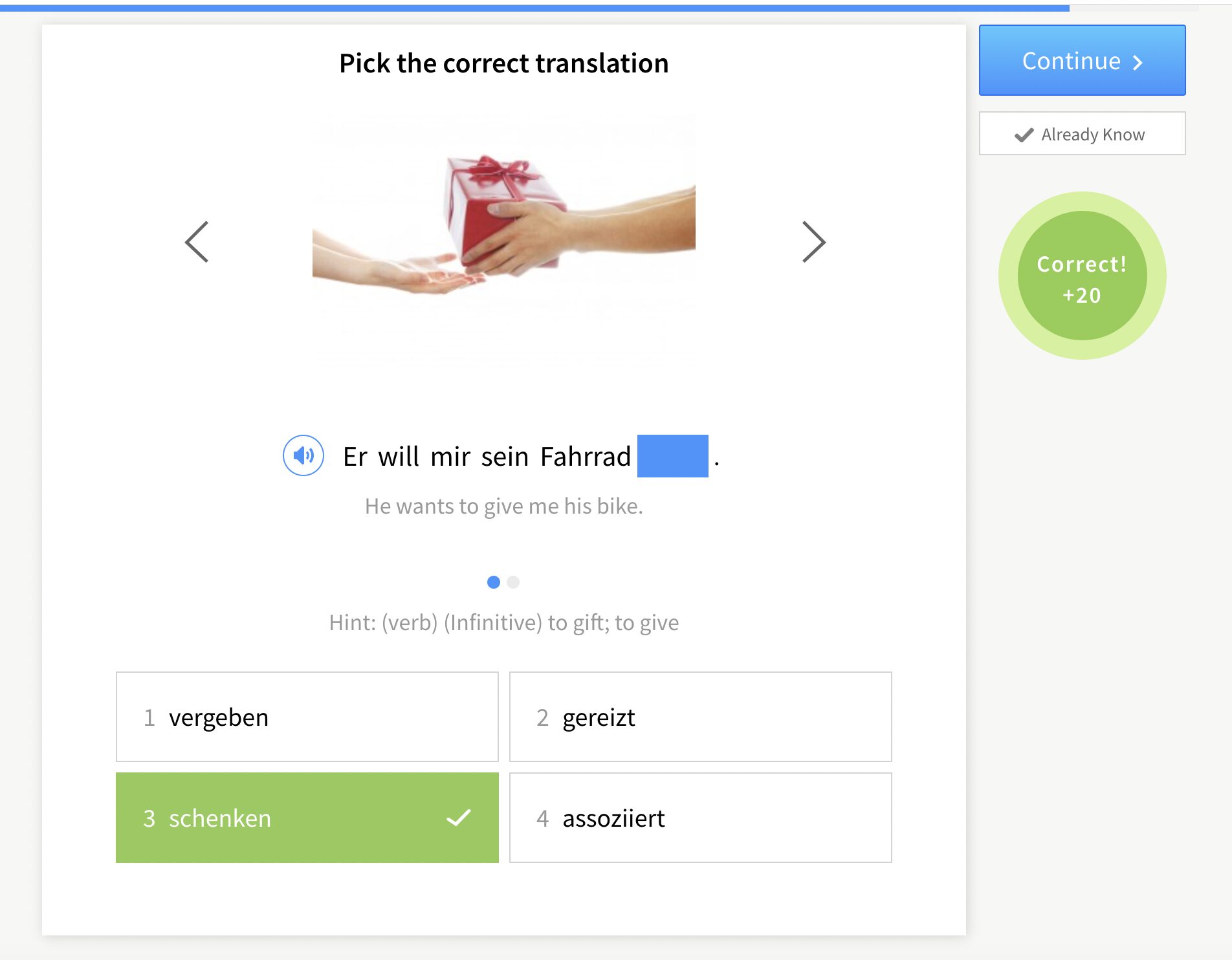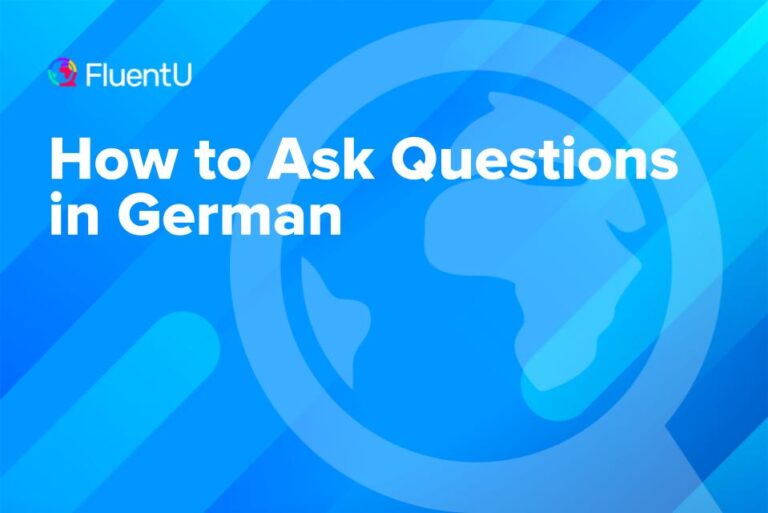The Beginner’s Guide to Learning Swiss German

Swiss German is sometimes referred to as a completely different language from German, since the dialect is so different from Hochdeutsch (standard German taught in schools).
Learning Swiss German will not only add a dialect to your list, but it also opens up a new country you’ll be able to travel to. Here’s our handy guide to getting started with Swiss German.
Download: This blog post is available as a convenient and portable PDF that you can take anywhere. Click here to get a copy. (Download)
Main Characteristics of Swiss German
1. The “ch” sound
The Swiss love “ch” so much, it appears in most words. Even if it isn’t usually in the Hochdeutsch version, they’ll probably find a way to squeeze in a “ch” somewhere.
The Swiss “ch” is pronounced exactly the same way a German would say the “ch” in acht (eight). As you can imagine, it’s quite a tricky sound for English speakers to master.
Try it out in these two words. These are super hard though, even by Swiss standards, just because of how often the sound appears in them. Once you’ve mastered these, though, you’d make any Swiss native proud.
Chuchichäschtli (kitchen cupboard) – pronounced as “s-kook-kee-ka-sht-li”
Chäs Chüechli (cheese cake) – pronounced as “khess khoo-ekh-lee”
It’s important to note that a “k” at the start of any word is turned into the “ch” sound. You can see this in the above examples— Käs becomes Chäs and the “kitchen” stem of the first word changes from the Standard German Küche to Chuchi.
If you need a better idea of how to pronounce these words, here’s a video all about the phrase Chuchichäschtli:
And here’s one with Chäs Chüechli:
2. There’s no “n” at the end of words
In standard German, infinitives end in an “n.” However, this is not the case in Swiss German:
machen becomes mache (to do) or “mah-khuh”
This is also the case when you conjugate the verb. Let’s look at the conjugation of trinken (to drink) in Swiss-German:
| Conjugation of "Trinken" | Pronunciation |
|---|---|
| ich trink | ish trink |
| du trinksch | doo trinksch |
| er/sie/es trinkt | er/see/es trinkt |
| mir trinked | meer trinked |
| ihr trinked | eer trinked |
| sie trinked | zee trinked |
Unlike Standard German conjugation, there’s no –en in sight!
3. The diminutive is “li”
In Hochdeutsch, there are two diminutives: chen and lein . When you add these suffixes to nouns, the final word describes a small, familiar or cute version of the original noun. So Tischlein means “small table” and is the diminutive of Tisch (table).
However, in Swiss German, you create the diminutive by adding li onto the end of the original noun:
Heftchen becomes Heftli (little books) or “heft-lee”
4. “S” becomes “sch” when it’s before a consonant
Remember that whenever an “s” appears before a consonant, it usually changes to a “sch” sound. This is always the case, and you don’t have to remember any rules about when it doesn’t happen—phew!
Wespen
turns into Wäschpi (wasps) or “veh-sh-pee”
5. An “e” at the end of words often turns into “i”
This was the case in the above Wespe example. In Hochdeutsch, there are many words that end in “e”—just one example is Küche (kitchen).
In Swiss German, these—and many of the other words that end in “e”—will be pronounced as if they end in an “i:”
Küche beomes Chuchi (kitchen) or “khoo-khee”
Remember that the “k” switches to a “ch” sound as explained in the first point.
6. Diphthongs become single vowels
A diphthong is when two vowels come together to create a new vowel sound. An example in English is the “i” and “e” together in “lied.”
Many Hochdeutsch diphthongs become single vowel sounds in Swiss German:
Haus becomes Huus (house) or “hoos”
Raum turns into Ruum (room) or “room”
7. “ß” doesn’t exist in Swiss German.
There’s no “ß” in Swiss German—it was abolished a few centuries ago. So you don’t have to worry about when to use ß or “ss.”
In Swiss German, you always just use “ss:”
heißen turns into heisse (to be called) or “hais-seh”
Handy Swiss German Vocab List
Swiss German has many different words from standard German. To get you off to a good start, here’s a list of handy vocab:
| Basic Swiss Vocabulary | Pronunciation | English Translation |
|---|---|---|
| Grüezi | groo-eh-tsee | Hello |
| Widerluege | vee-der-loo-geh | Goodbye |
| Merci vilmal | mehr-see fehl-mahl | Thanks a lot |
| Pröschtli! | proesht-lee | Cheers! |
| Zmorge | tsmor-geh | Breakfast |
| Zmittag | tsmeet-tahk | Lunch |
| Znacht | tsnakh-t | Dinner |
| Wii | vee | Wine |
| Gömmer? | germ-mer | Shall we go? |
| Velo | veh-loh | Bicycle |
| Poschte | posh-teh | To shop |
| Chuntsch? | khuntsch | Are you coming? |
| Es Bitzeli | ess beet-seh-lee | A little bit |
| Kolleg | kol-lek | Friend (male) |
| Kollegin | kol-lek-een | Friend (female) |
| Hüüsli | hooes-lee | Toilet |
How to Learn Swiss German
You’re already binging on your favorite German TV shows, movies and songs to help brush up your listening skills, so why not start dipping into Swiss culture, too?
Even though most Swiss TV shows will be in Hochdeutsch, the characters and presenters will usually have a distinctive Swiss accent, so they’re a good way to gradually acclimatize to Swiss sounds. If you’re looking for inspiration, check out “10vor10,” a current affairs show.
But if you don’t want to watch an entire show or movie, shorter videos or clips are another good choice. Make sure to turn on the captions and look up new words to make the most of these short study sessions. One resource you can use for this is the language learning program FluentU, which teaches German through short video clips from authentic German media.
Another way to immerse yourself in Swiss German is to do word searches and crosswords. These will help you improve your vocabulary and spelling. If you’re ever in Switzerland, you could pick up a puzzle book during your travels. You can also have a look online and print off word searches and crosswords. Here’s a really good site for all your Swiss German puzzle needs!
And last, but by no means least, get cooking! Switzerland has many traditional dishes, which are often cheese-based. Have a look online for recipes and take them into the kitchen. By reading a recipe in Swiss German, you’ll be honing those reading skills while picking up new vocab in the process. If you’re more into baking, try making Meitschibei biscuits, a delicacy from the city of Bern.
So there you have it—your beginner’s guide to learning the ins and outs of Swiss German! Of course, since the Swiss can speak perfect Hochdeutsch, they’ll be more than happy to switch to something easier for you if you’re having trouble communicating in the dialect.
But that doesn’t mean you shouldn’t try and learn Swiss German! Being able to speak and understand the dialect will help your own Hochdeutsch to improve, and it’s one more step toward becoming much more immersed in German and Swiss-German culture.
If you can’t wait to be mistaken for a local, learning Swiss German is definitely something you need to add to your German to-do list!
Download: This blog post is available as a convenient and portable PDF that you can take anywhere. Click here to get a copy. (Download)
And One More Thing…
If you’re like me and prefer learning German on your own time, from the comfort of your smart device, I’ve got something you’ll love.
With FluentU’s Chrome Extension, you can turn any YouTube or Netflix video with subtitles into an interactive language lesson. That means you can learn German from real-world content, just as native speakers actually use it.
You can even import your favorite YouTube videos into your FluentU account. If you’re not sure where to start, check out our curated library of videos that are handpicked for beginners and intermediate learners, as you can see here:
FluentU brings native German videos within reach. With interactive captions, you can tap on any word to see an image, definition, pronunciation, and useful examples.
You can even see other videos where the word is used in a different context. For example, if I tap on the word "Kind," this is what pops up:
Want to make sure you really remember what you've learned? We’ve got you covered. Practice and reinforce the vocab from each video with learn mode. Swipe to see more examples of the word you’re learning, and play mini-games with our dynamic flashcards.
The best part? FluentU tracks everything you’re learning and uses that to create a personalized experience just for you. You’ll get extra practice with tricky words and even be reminded when it’s time to review—so nothing slips through the cracks.
Start using the FluentU website on your computer or tablet or, better yet, download our app from the App Store or Google Play.
Click here to take advantage of our current sale! (Expires at the end of this month.)
